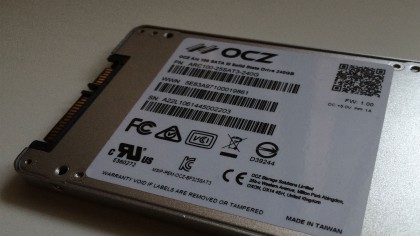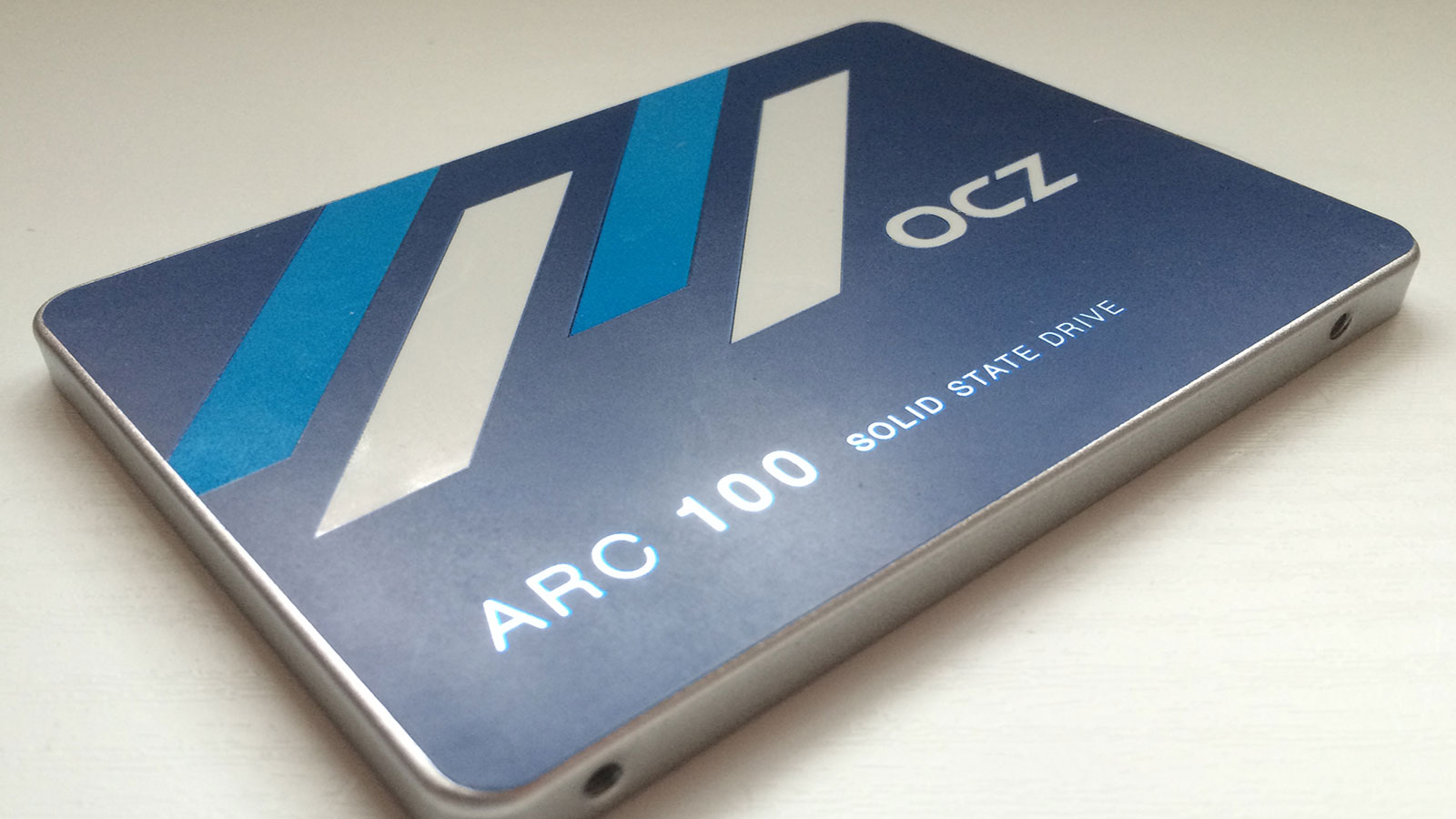Why you can trust TechRadar
We Liked
The ARC 100 is one of the most affordable SSDs around and for that reason alone is bound to be popular. For the majority of people, the fastest possible sequential read and write speeds will have very little effect on overall system performance and the fast access times will still guarantee much better boot times and application load times than you get with a hard disk.
Its endurance is fine as well. Although it doesn't break any records, 20GB a day for three years is enough for the average user. We wouldn't put it in a NAS, and it probably wont be popular for datacenter use, but that's not the target market.
The access times are also pretty good, which is no doubt down to Toshiba's excellent flash memory chips that give Samsung a run for its money when it comes to read speeds.

We Disliked
If you care deeply about the benchmark numbers, the ARC 100 isn't for you. The sequential read and write speeds are some of the worst I've seen in 2014. This is a low-price drive and performs accordingly.
While its very affordable, the Crucial MX100 is slightly cheaper and performs slightly better, which makes it a better product, in my opinion.
It's also a bit mean of OCZ to not include a mounting bracket or free disk transfer software in the box.
Final Verdict
The ARC 100 isn't the best drive money can buy, in terms of performance or endurance, but it isn't trying to be. OCZ has successfully delivered a no-frills, affordable SSD and it's not bad at all.
Sign up to the TechRadar Pro newsletter to get all the top news, opinion, features and guidance your business needs to succeed!
While it's very inexpensive, I'd only choose it if Crucial's MX100 was completely out of stock.
All things considered when it's running in your PC, unless you run storage benchmarks on it all day long, you won't be disappointed at all or notice much real-world difference.
